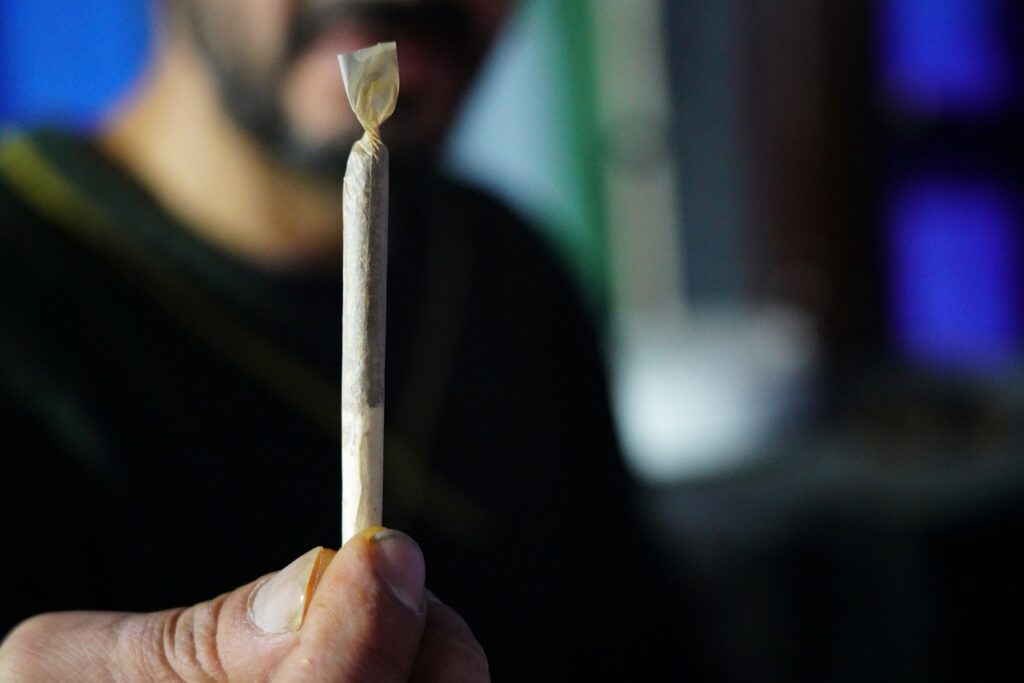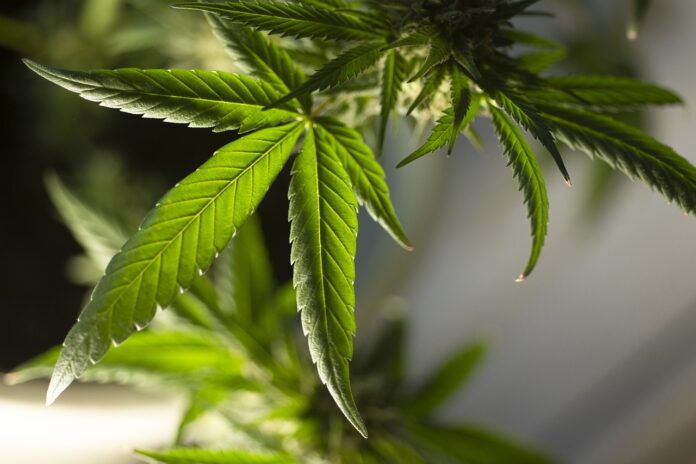( ENSPIRE Lifestyle ) Cannabis Legalization: Opportunity or Missed Chance for Black America?
Legalizing cannabis in many parts of the United States has brought economic opportunities, policy reforms, and discussions about equity to the forefront. However, for African American communities, this shift comes after decades of disproportionate harm caused by cannabis prohibition.
Historically, Black Americans have faced significantly higher arrest and incarceration rates for cannabis-related offenses compared to white Americans despite similar usage rates. This systemic disparity has had long-lasting effects on families, communities, and economic opportunities. While legalization may begin to address these injustices, the challenges are far from over.

Barriers to Entry in the Cannabis Industry
The cannabis industry has quickly grown into a multibillion-dollar market. Yet, African Americans face considerable barriers to entry, which may limit their participation and ability to benefit from legalization.
One significant obstacle is access to capital. Starting a cannabis business can require substantial financial investment, including licensing fees, real estate costs, and operational expenses. Many Black entrepreneurs lack access to traditional funding sources, such as loans or venture capital, often due to systemic disparities in wealth and credit access. Additionally, federal laws that still classify cannabis as a Schedule I drug prevent many banks from working with cannabis businesses, further restricting financing options.
Another hurdle is the complex licensing process. States may impose strict regulations, high application fees, and competition for a limited number of licenses, making it difficult for small businesses to enter the market. Often, those with the financial resources and connections are better positioned to secure these licenses, leaving many African Americans at a disadvantage.
Past convictions for cannabis-related offenses can also act as a barrier. While legalization may reduce new arrests, many individuals with prior convictions face restrictions on business licensing or employment in the cannabis industry. This compounds the impact of the War on Drugs, which has disproportionately affected Black communities for decades.
Social Equity Programs and Expungement Efforts
Some states and cities have implemented social equity programs to address these inequities to level the playing field. These programs vary widely but often focus on expunging past cannabis-related convictions and providing opportunities for individuals from communities disproportionately affected by prohibition.
Expungement is a key component of these efforts. Removing or sealing cannabis-related offenses from criminal records can help individuals access better job opportunities, housing, and educational resources. While progress has been made, implementation can be slow and inconsistent, leaving many people waiting for relief.
Social equity programs may also offer reduced licensing fees, training programs, and priority access to licenses for individuals from impacted communities. For example, in Illinois and California, specific programs aim to reserve a percentage of cannabis business licenses for those with prior cannabis convictions or from neighborhoods heavily targeted during prohibition. These policies are steps toward addressing systemic disparities, though critics argue they need better funding and oversight to achieve meaningful outcomes.

However, challenges remain. Some equity applicants struggle with navigating the complex legal and regulatory landscape. Additionally, there is ongoing debate about whether these programs go far enough to address the harm caused by decades of criminalization. More research and evaluation are needed to determine their long-term effectiveness.
African American Success Stories in the Cannabis Industry
Despite the barriers, some African American entrepreneurs are finding success in the cannabis industry. Their achievements highlight the opportunities legalization can create and the importance of equity-focused policies.
For instance, individuals like Wanda James, the first Black woman to own a dispensary in Colorado, have become trailblazers. James has spoken openly about her challenges and the importance of advocating for social equity. Her business success also demonstrates the potential for cannabis to generate wealth within communities that have historically been excluded from similar economic opportunities.
Another example is Al Harrington, a former NBA player who founded Viola, a cannabis company that focuses on empowering minority ownership. Harrington’s efforts highlight entrepreneurship and emphasize reinvesting in Black communities through mentorship and advocacy.
These stories are inspiring, but they remain relatively rare. African Americans continue to be underrepresented in cannabis ownership and leadership roles. More targeted support and systemic changes may be necessary to ensure broader participation and success in the industry.
In the end, cannabis legalization represents both an opportunity and a challenge. While it may not erase the past, it offers a chance to build a more equitable future—one where African American communities can thrive economically and socially in the evolving cannabis landscape.
Related Articles: How To Effectively Market Your Cannabis Products







